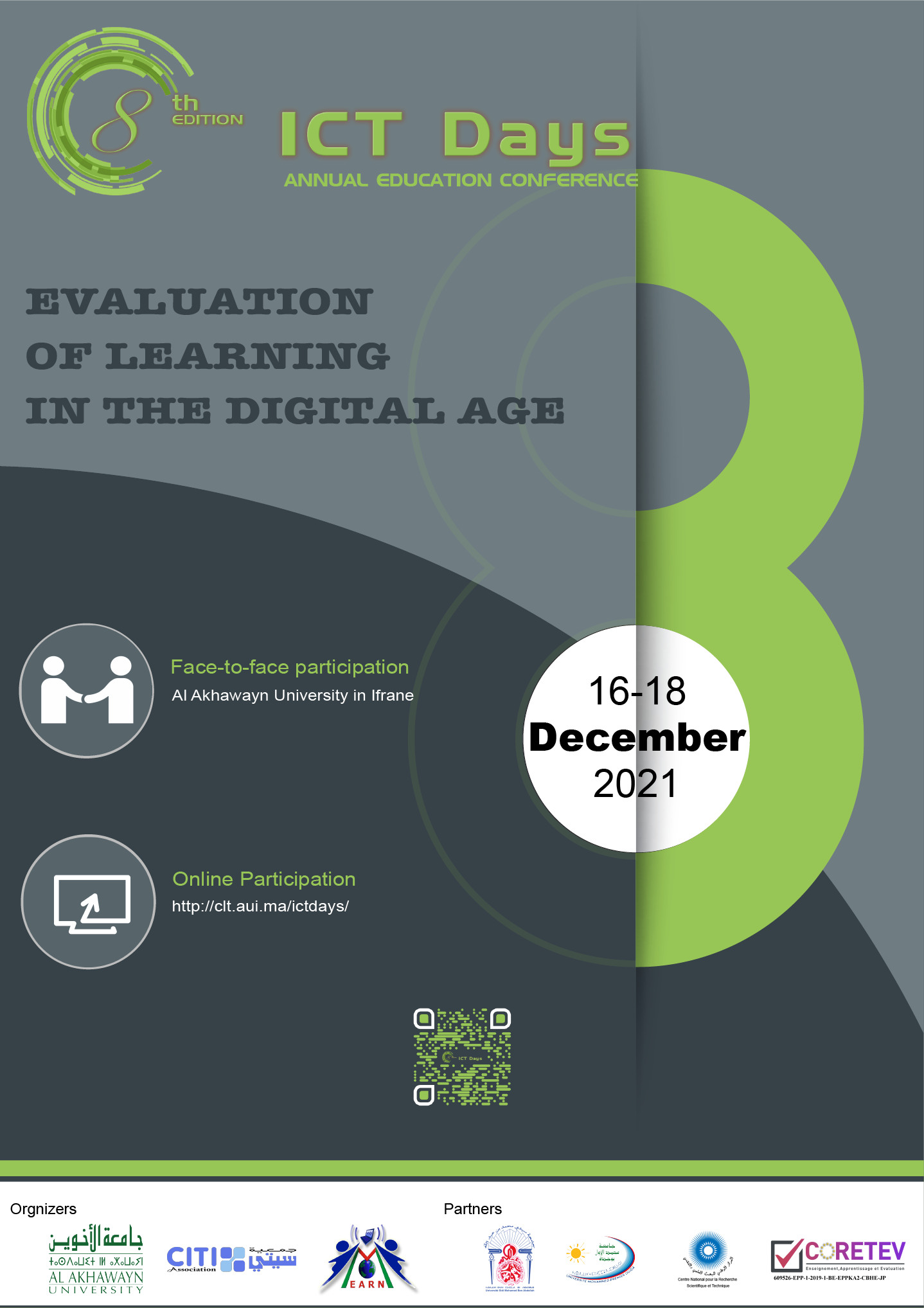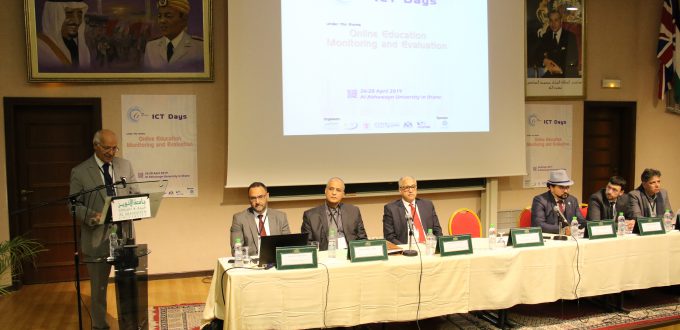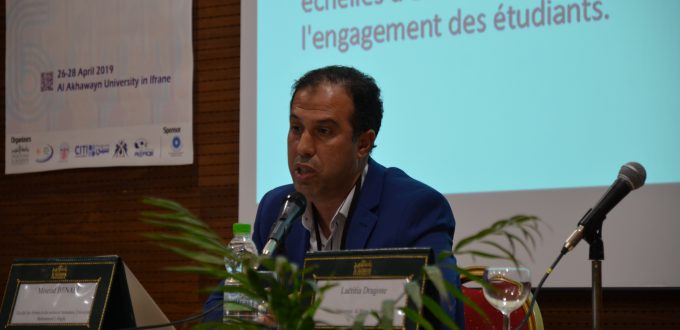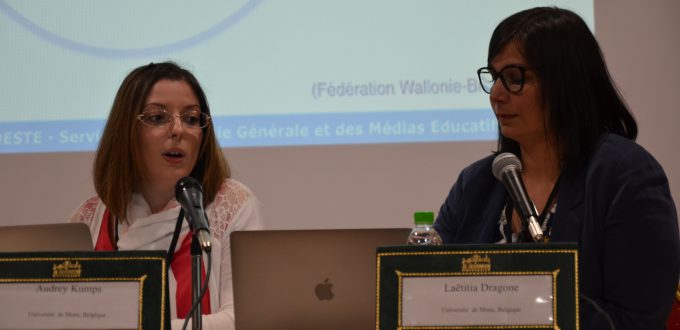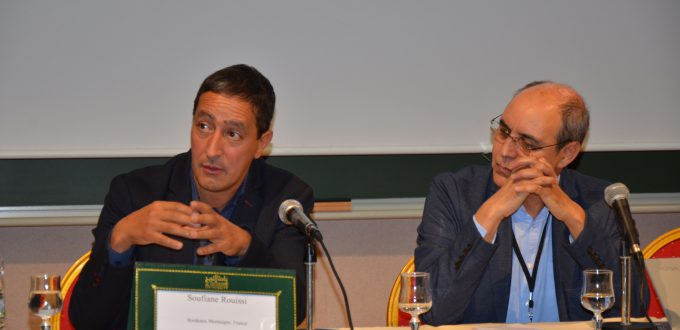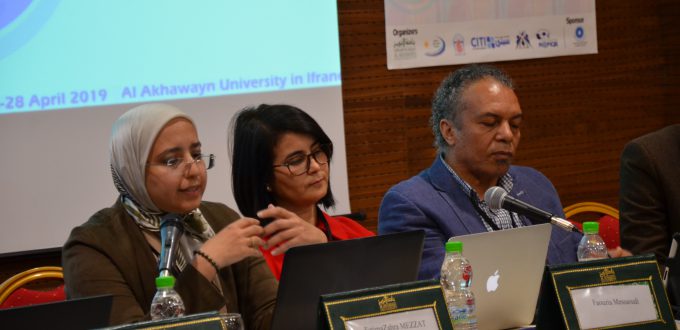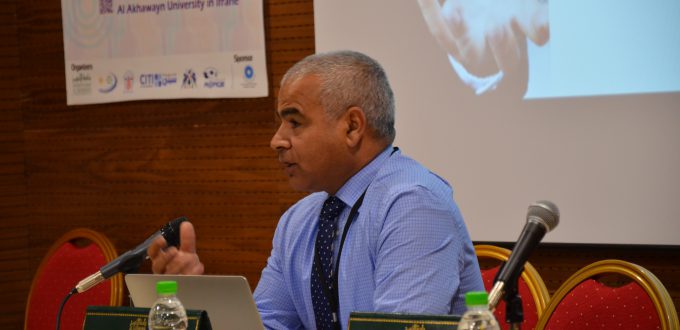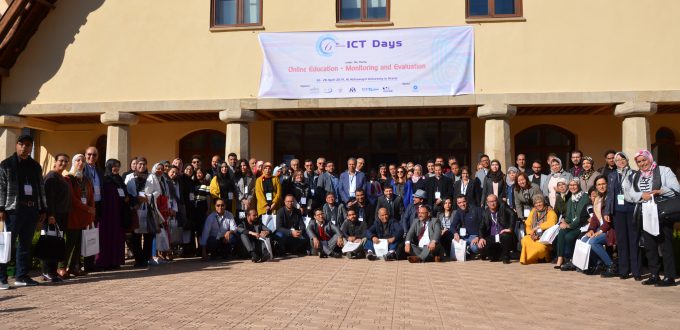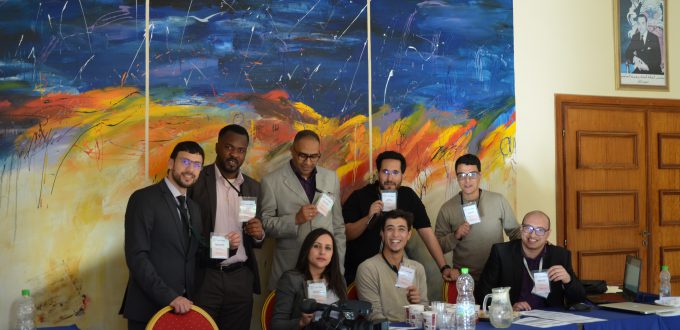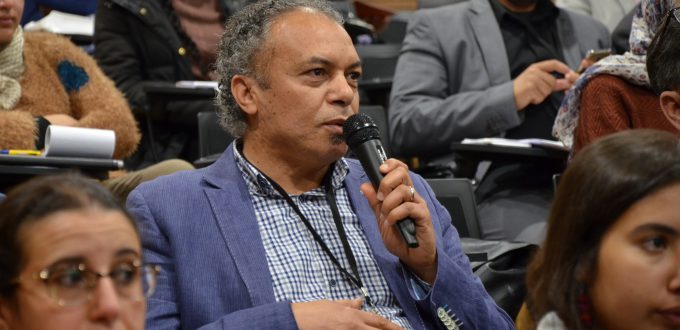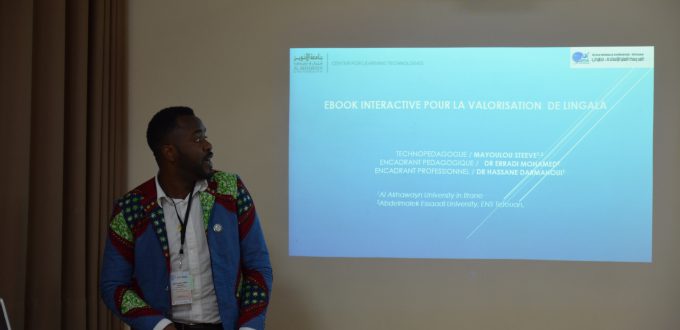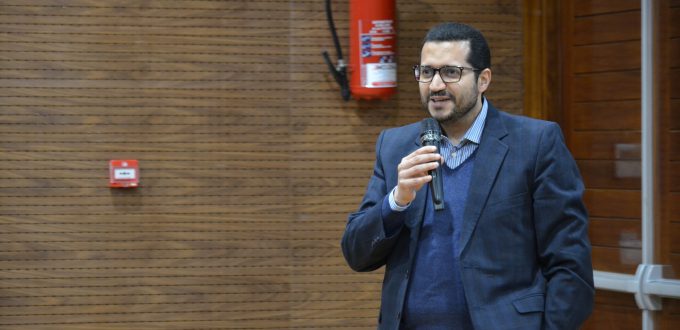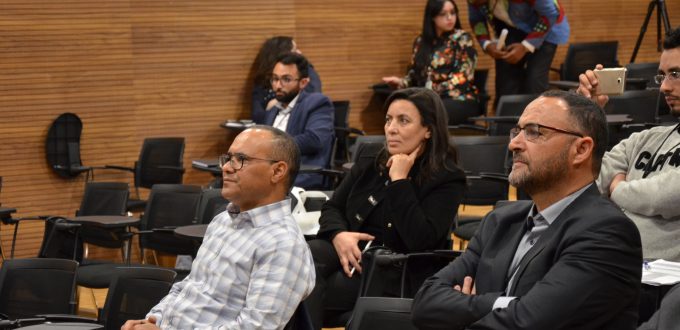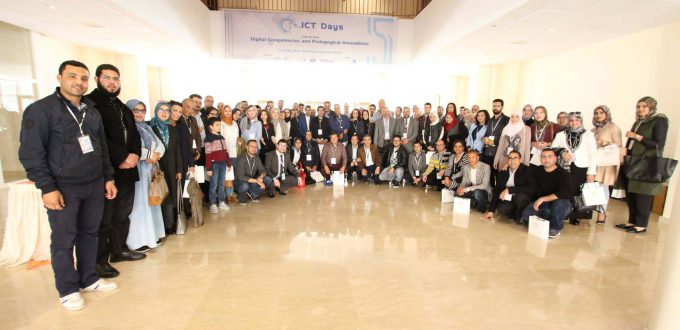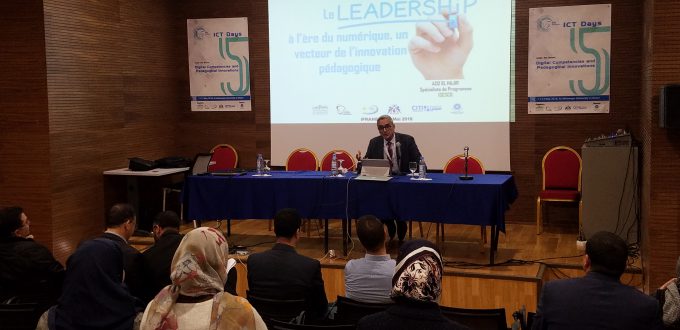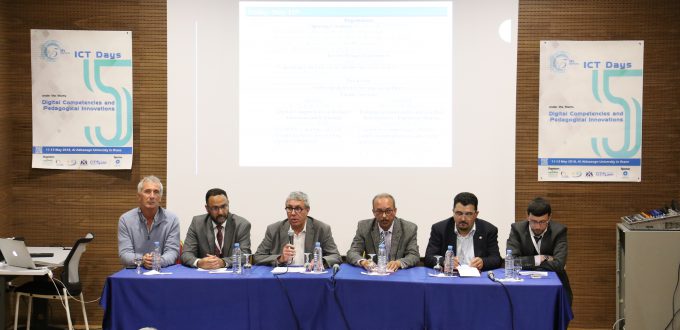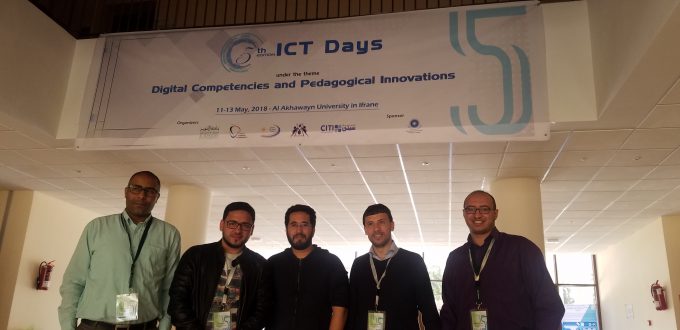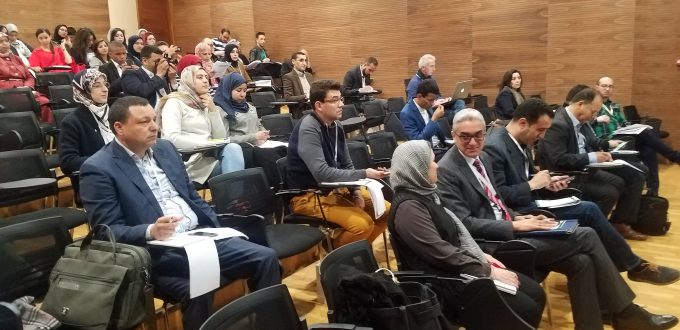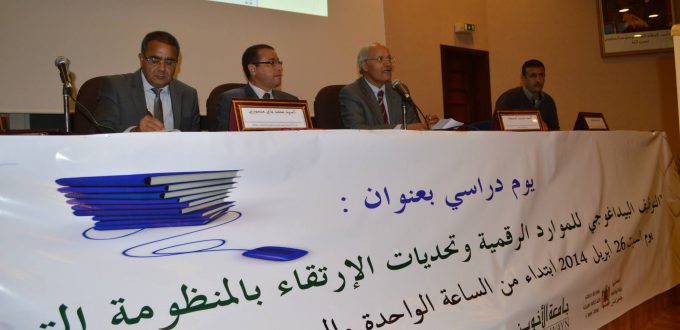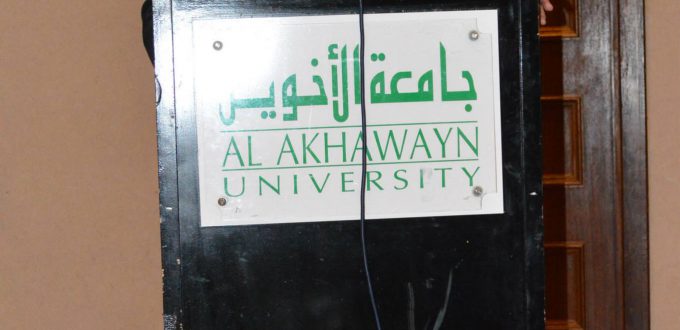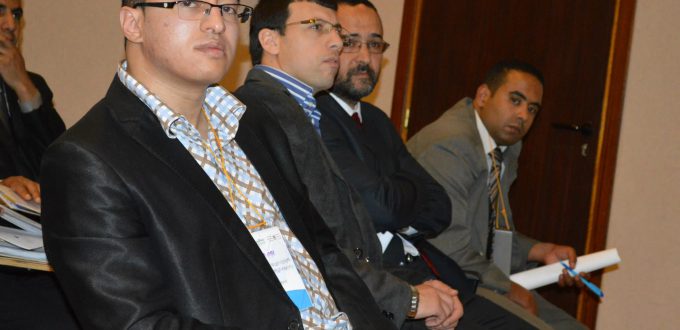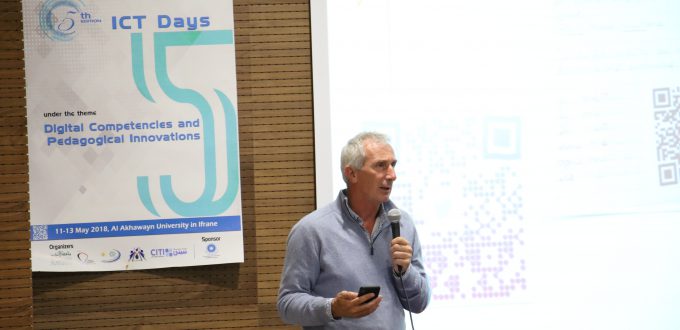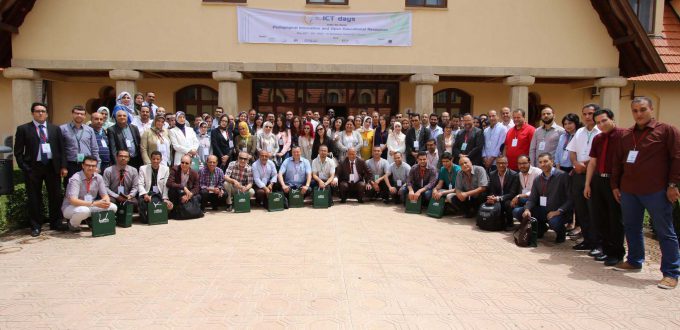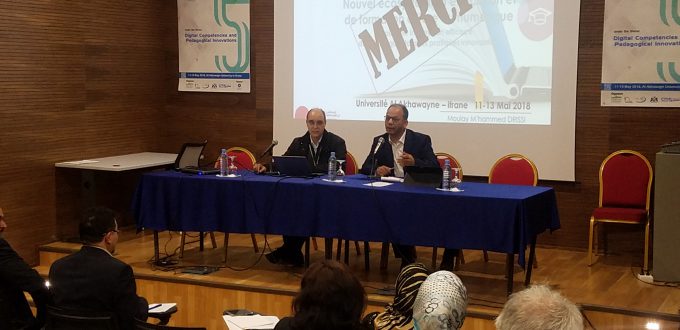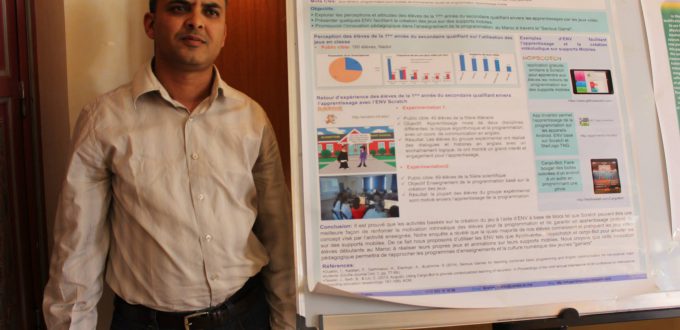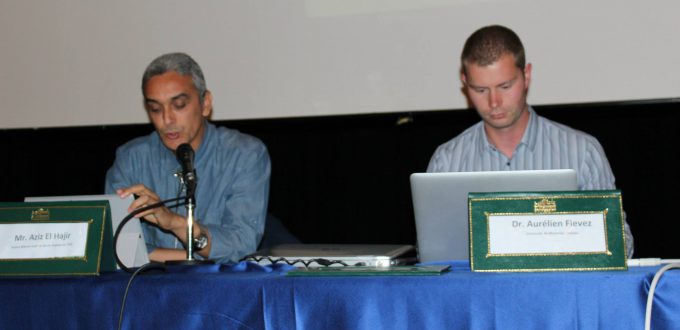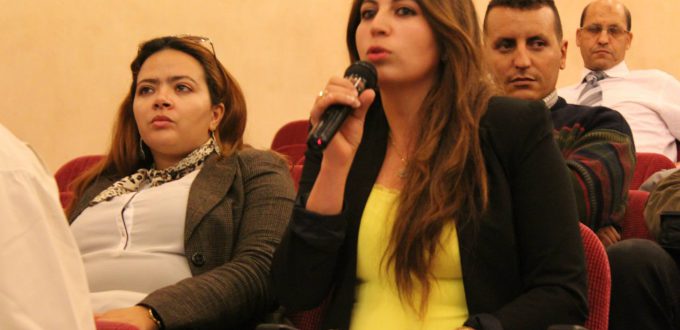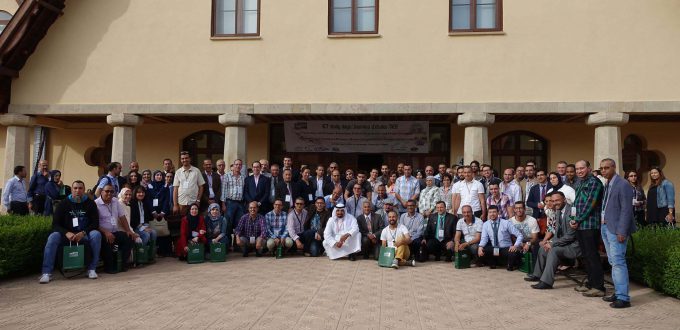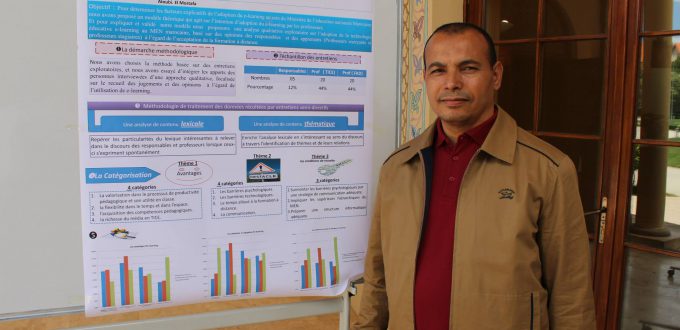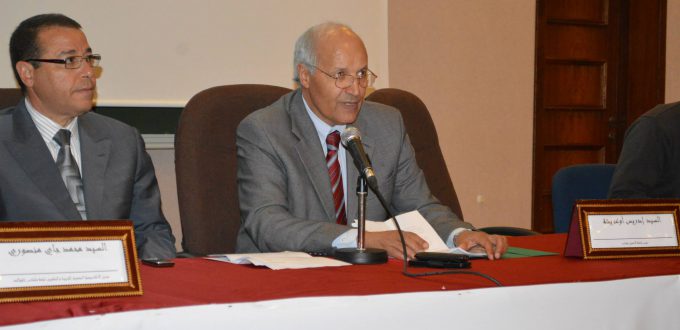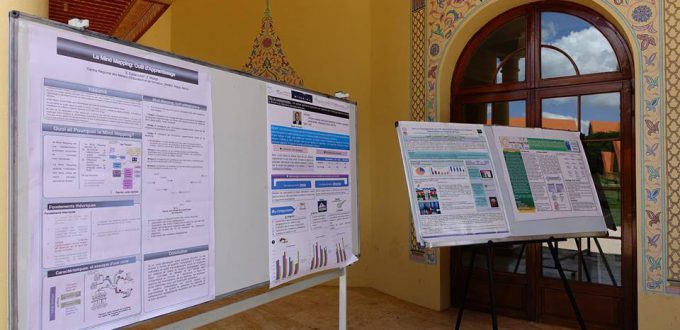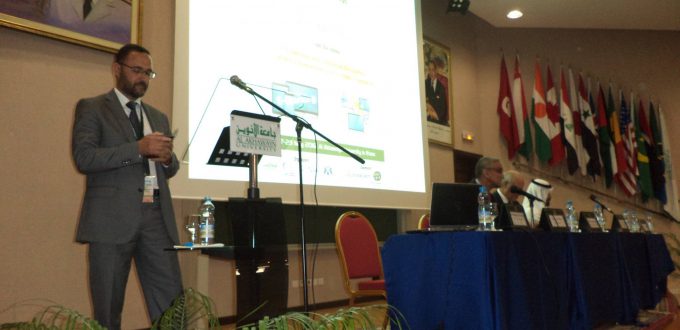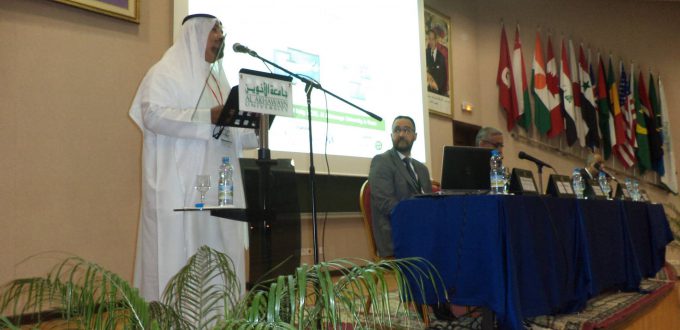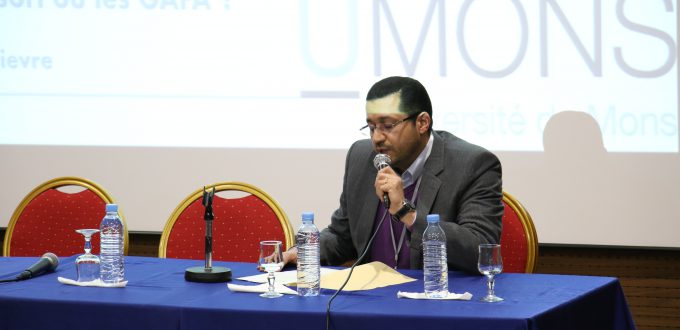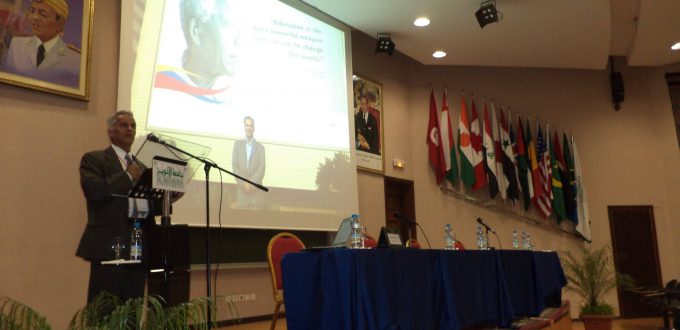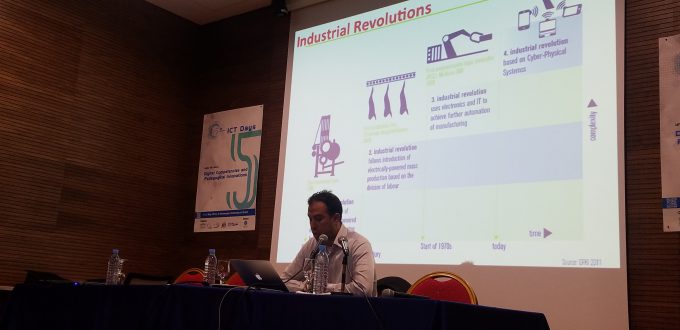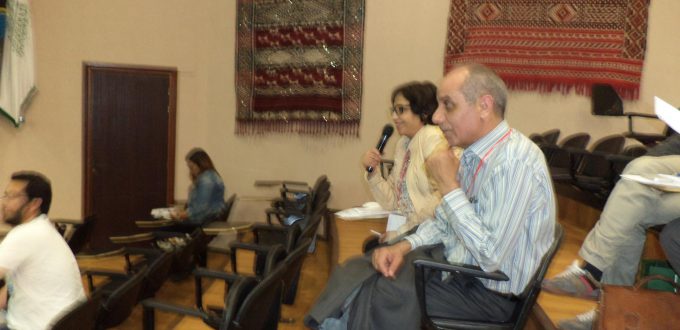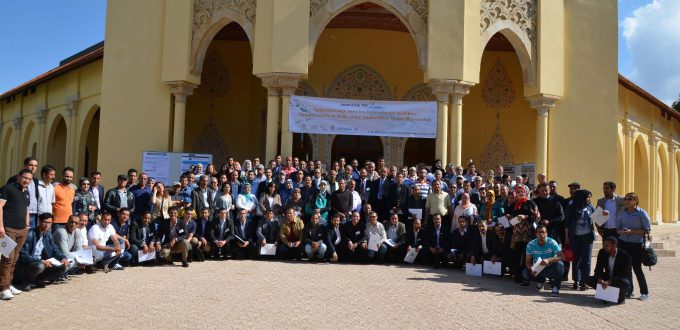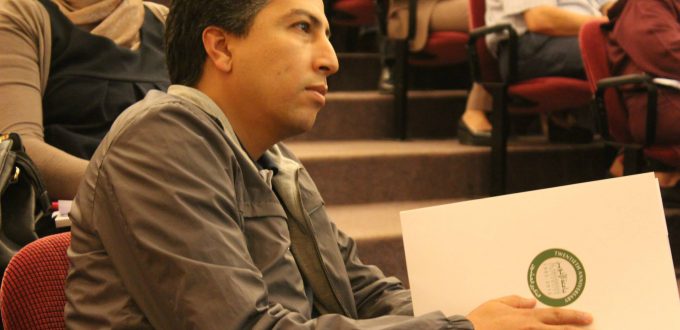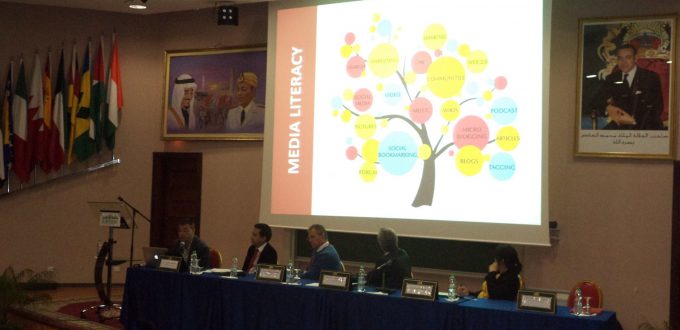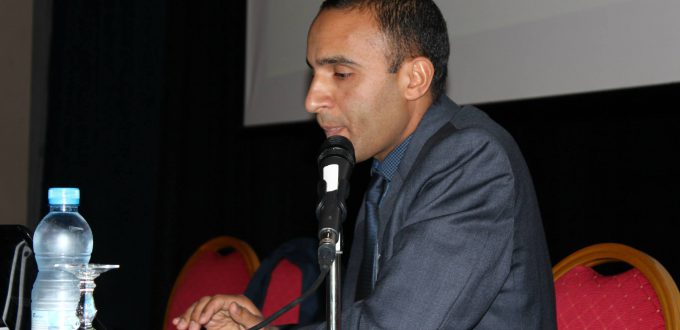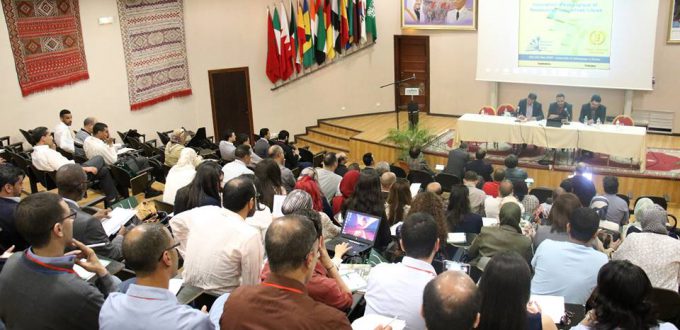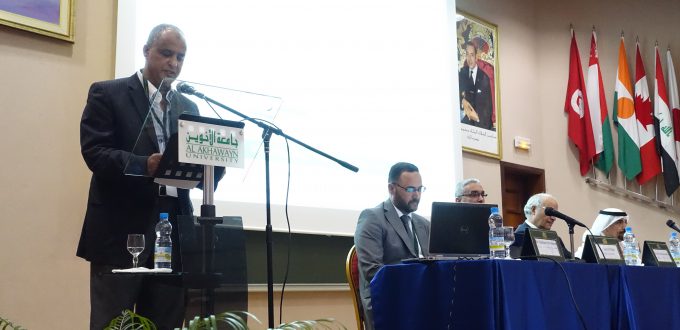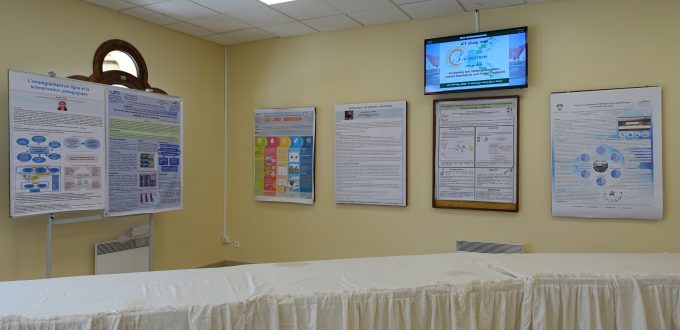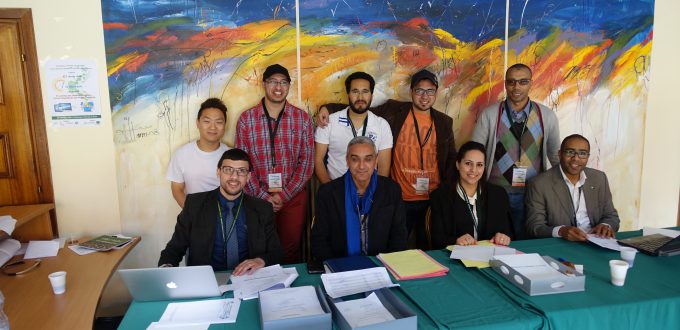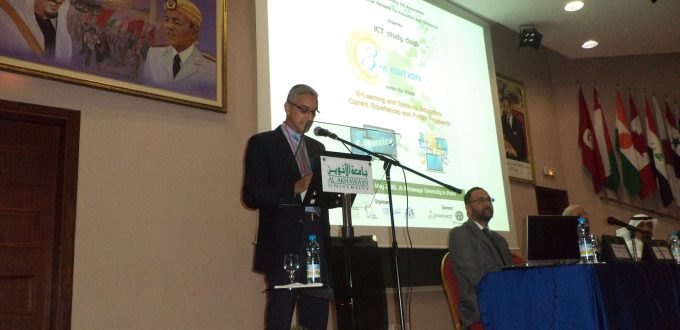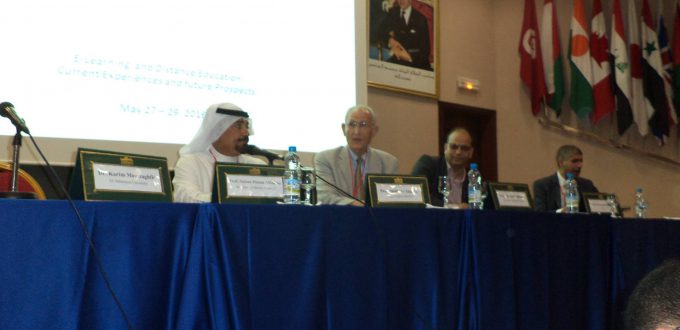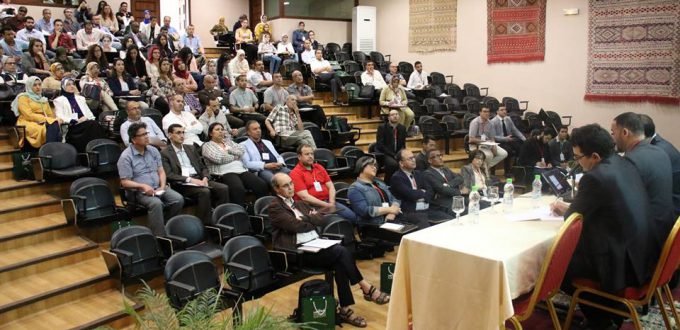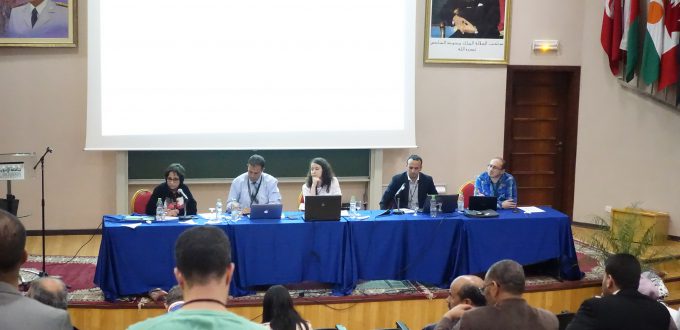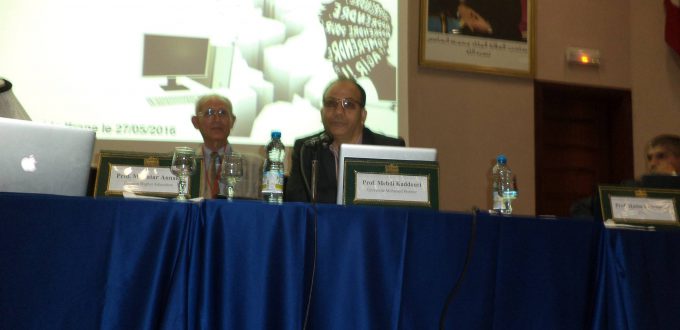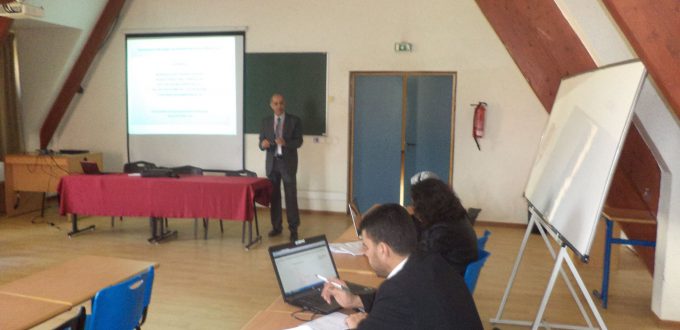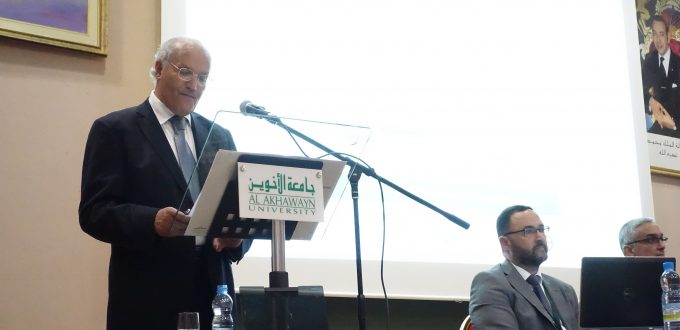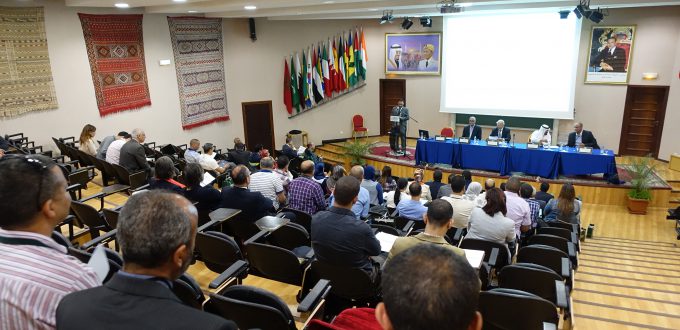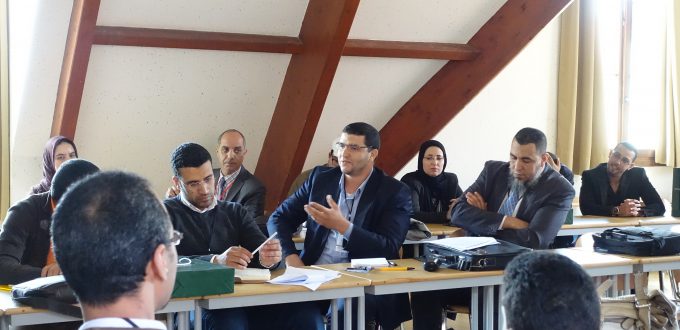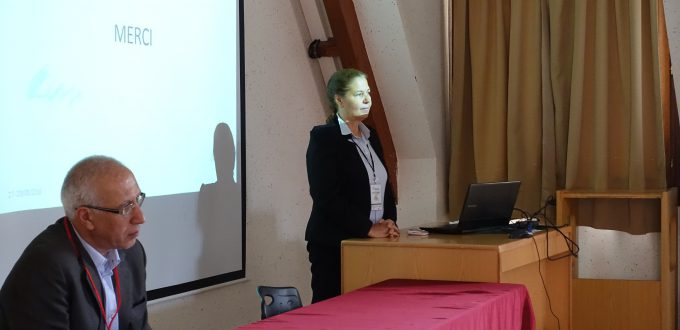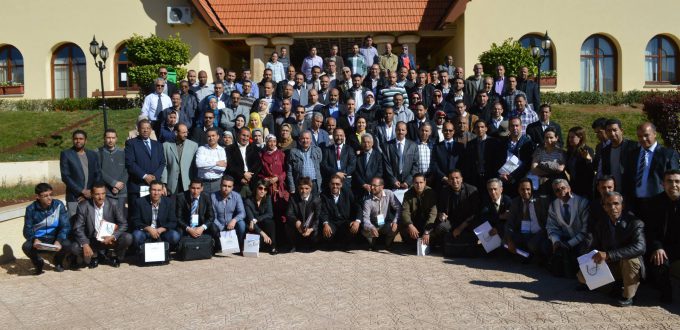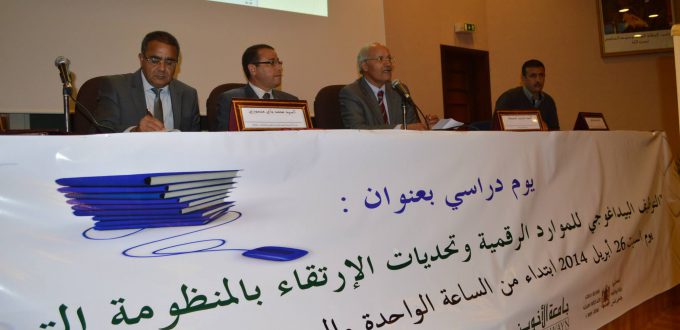ICT Days, 8Th Edition
EVALUATION OF LEARNING IN THE DIGITAL AGE
After the success of the seven past editions of ICT Days annual conference, we are pleased to announce the eighth edition (ICT-Days’21). This conference is an excellent forum for researchers and practitioners to exchange ideas, experiences, opinions and research results related to ICT in education. The main focus of this year’s conference will be about EVALUATION OF LEARNING IN THE DIGITAL AGE, but other topics related to ICT in education are welcomed. This event, which is resolutely interdisciplinary, interactive, exploratory, and open, features conferences, workshops, oral communications and posters. It is aimed at teachers, experienced and novice researchers, educational coaches, and advisers as well as students and anyone interested in questions of assessment in the digital age.
The main focus of this year’s conference will be about EVALUATION OF LEARNING IN THE DIGITAL AGE, but other topics related to ICT in education are welcomed.
Topics of interest could include any of the following or other (see other topics tab):
- Axis 1: Measurement and evaluation in the digital age
- Aspects of learning highlighted in an online assessment
- Methods of conception and design of evaluation devices and tools
- Difference and similarity between digital and traditional assessment devices and tools?
- Challenges to be met regarding the development of digital assessment tools?
- Axis 2: Assessment practices and tools in the digital age
- How can digital technology transform assessment practices (in their sense, and in their forms)?
- How do teachers and trainers plan assessment activities and manage them in a hybrid or fully distance learning context?
- What ethical and methodological issues do these assessment systems raise?
- To what extent can digital tools be integrated into an overall learning assessment strategy?
- Axis 3: Innovation in emerging models and methodologies in evaluation
- What new possibilities do innovations in evaluation offer?
- How have measurement and evaluation methods adapted to the changes?
- To what extent do the deepening or modification of existing methods respond to this evolution?
- What are the challenges and implications of these innovations for practices?
Other topics of interest include, but are not limited to, the following areas:
- Distance learning ;
- Supporting autonomous learners ;
- The changing role of the teacher;
- Roles of learning analytics, big data, and artificial intelligence in T&L;
- Transfer and transformation of knowledge
- Education shift during COVID-19 pandemic
- Online and distance learning opportunities and programs
- Certificates and diplomas on the Internet between accreditation and recognition
- (MOOCs, SPOC, ODL)
- Digital and Open Educational Resources
- Institutionalization of e-Learning and distance learning
- Adaptive and intelligent training means and tools
- Ubiquitous training and mobile learning
- Flipped classrooms
At all levels of practice, in the different levels of education, and in various spheres of society, evaluation is carried out in contexts of training and intervention increasingly marked by the arrival of digital. The contemporary context of the COVID pandemic has confronted trainers and teachers with an unprecedented situation in which all of the organizational and educational framing elements have been upset. The need to ensure “pedagogical continuity” forced them to rethink the teaching and learning system urgently and put more or less satisfactory evaluation methods in place. Institutions and teachers themselves must also adapt to the massification of education and to the new public, increasingly heterogeneous, whose relationship to knowledge and learning has evolved and requires a support approach. That respects the diversity of learners. In the same vein, the rise of ICT, the progress of edumetry and psychometry, the development of cognitive sciences, the growing interest in the management of education systems, the establishment of competency-based curricula and the appearance of new learning and teaching methods, the development of professionalization processes make the tasks of evaluation more and more complex. These transformations call into question the place of assessment in the learning process by posing new ethical problems and by confronting actors with challenges and responsibilities for which they are not always prepared. Faced with this context, new pedagogical choices and, consequently, evaluation models that allow them to be validated are required. An innovation in evaluation would lead to developments not only in evaluation but also in the whole process of training and learning. A catalyst for change, the use of digital technology seems to act as a vector for the evolution of evaluation. Therefore, the 8th edition of ICT days will focus on emerging levels and forms of assessment in the digital age.

Dr. Cédric FLUCKIGER
University of Lille, France
Keynote Title: "Evaluating the uses of digital technologies at school: what perspectives for research and practitioners?"

Dr. Abderrhmane LAHLOU
ABWAB Consultants, CIFIPE Teacher Training and Development Center, Morocco
Keynote Title: "Constructive alignment : Objectives- Teaching- Assessment"

Dr. Jean-Michel RIGO
Hasselt University, Belgium
Keynote Title: "Evaluation of learning and teaching, CORETEV Erasmus+ project as example between past, present & future"

Dr. Jean-Luc GILLES
University of Teacher Education, State of Vaud, Lausanne, Switzerland
Keynote Title: "Effective Assessments Processes in Higher Education: Perspectives Offered by the Application of Quality Cycles to the Evaluation Levels of Kirkpatrick's Model and their Instrumentation Using Online Platforms"
